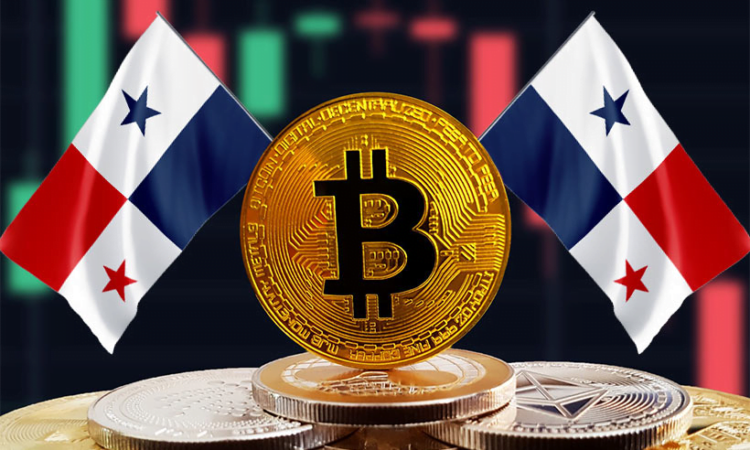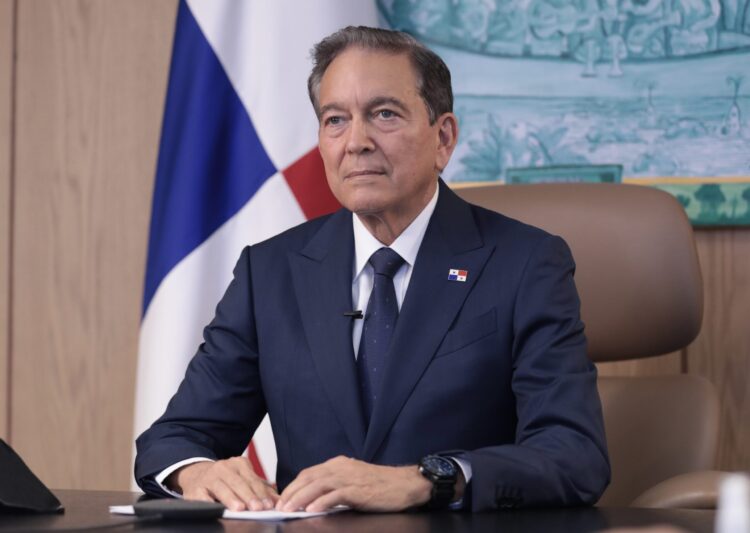Panamanian President Laurentino Cortizo has vetoed part of Proposition 697 dubbed the “cryptocurrency bill” saying it requires more work to be more in line with Panama’s financial regulations.
President Cortizo had previously warned in May that he would not sign the bill unless it included additional rules on Anti-Money Laundering after the Panamanian Parliament passed the cryptocurrency bill in late April 2022.
Local media outlet La Prenda obtained a copy of the 32-page veto, reporting that the President wrote that the cryptocurrency law is “required” to comply with new regulations proposed by the Financial Action Task Force (FATF) which “fiscal transparency and money laundering prevention”.
President Cortizo has previously described the law as a “law of innovation” and pointed to the approval of some aspects of the bill, but has said that the illegal use of cryptocurrencies may need to be addressed.
Rep. Gabriel Silva, who helped introduce the bill in September 2021, tweeted on June 16 that (by translation) the veto was “a lost opportunity to create jobs, attract investment and combine technology and innovation in the public sector.”

“The country deserves more opportunities and financial inclusion,” Silva added, saying that Congress would study the veto power to make amendments, which would then be passed for debates.
Related: Top 30 Panamanian Banks ‘Bitcoin-Friendly’, Welcome Cryptocurrency Services
If the final bill is signed, then Panama will become the second Central American country to regulate cryptocurrency spending.The nearby country of El Salvador is famous for being the first country to make Bitcoin (BTC) a legitimate tender.
However, unlike El Salvador, Panama’s bill covers cryptocurrencies other than Bitcoin and will not require local businesses to accept digital assets.
According to the bill, Panamanians “can freely agree to use crypto assets, including but not limited to Bitcoin and Ethereum (ETH)” as an alternative payment for “any commercial or civil activity.”
The bill would also include the release of digital values and the regulation of the encryption of things like precious metals.The government’s innovation regulator will also study the digitization of identities using blockchain technology or distributed ledgers.

















